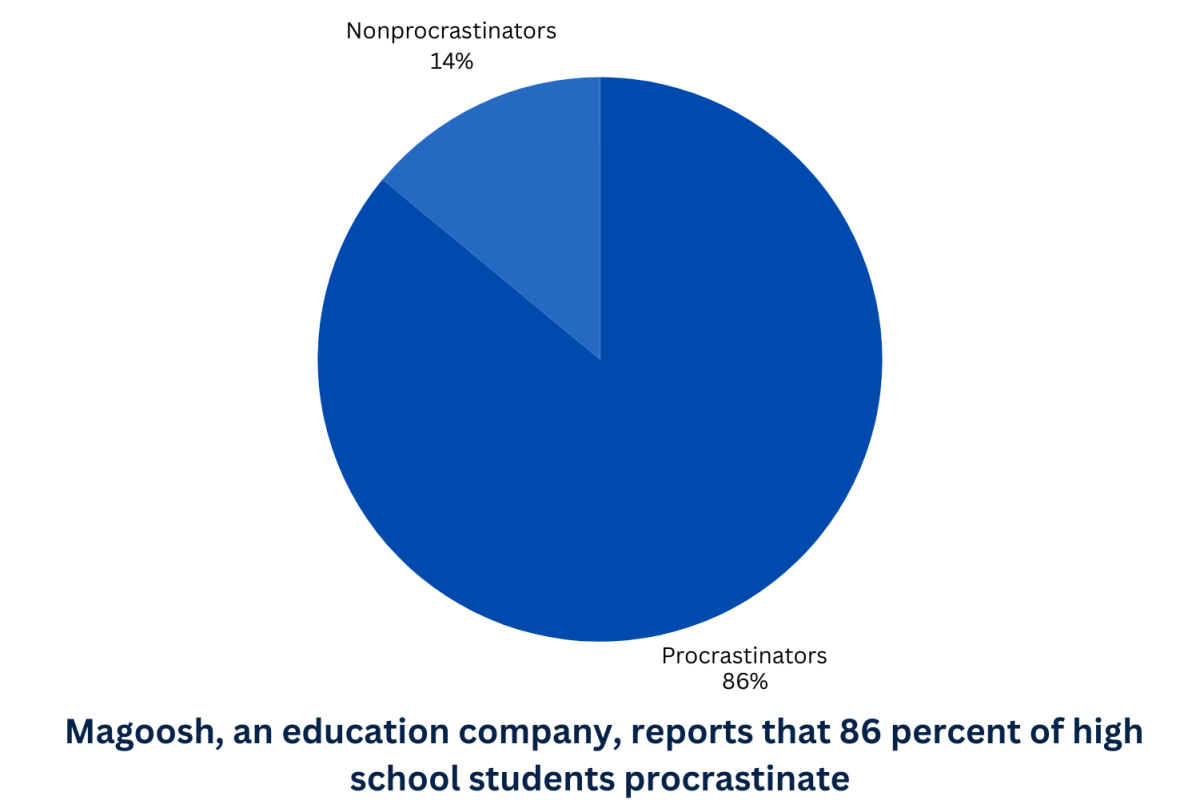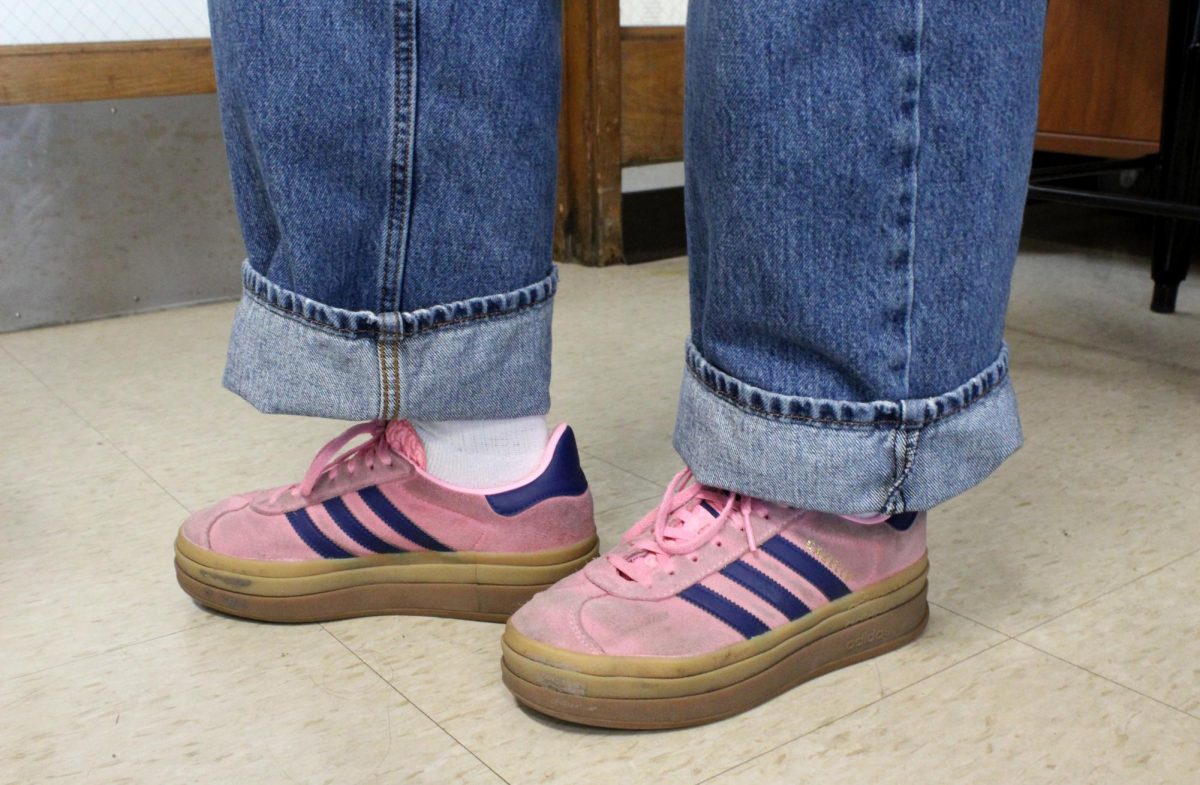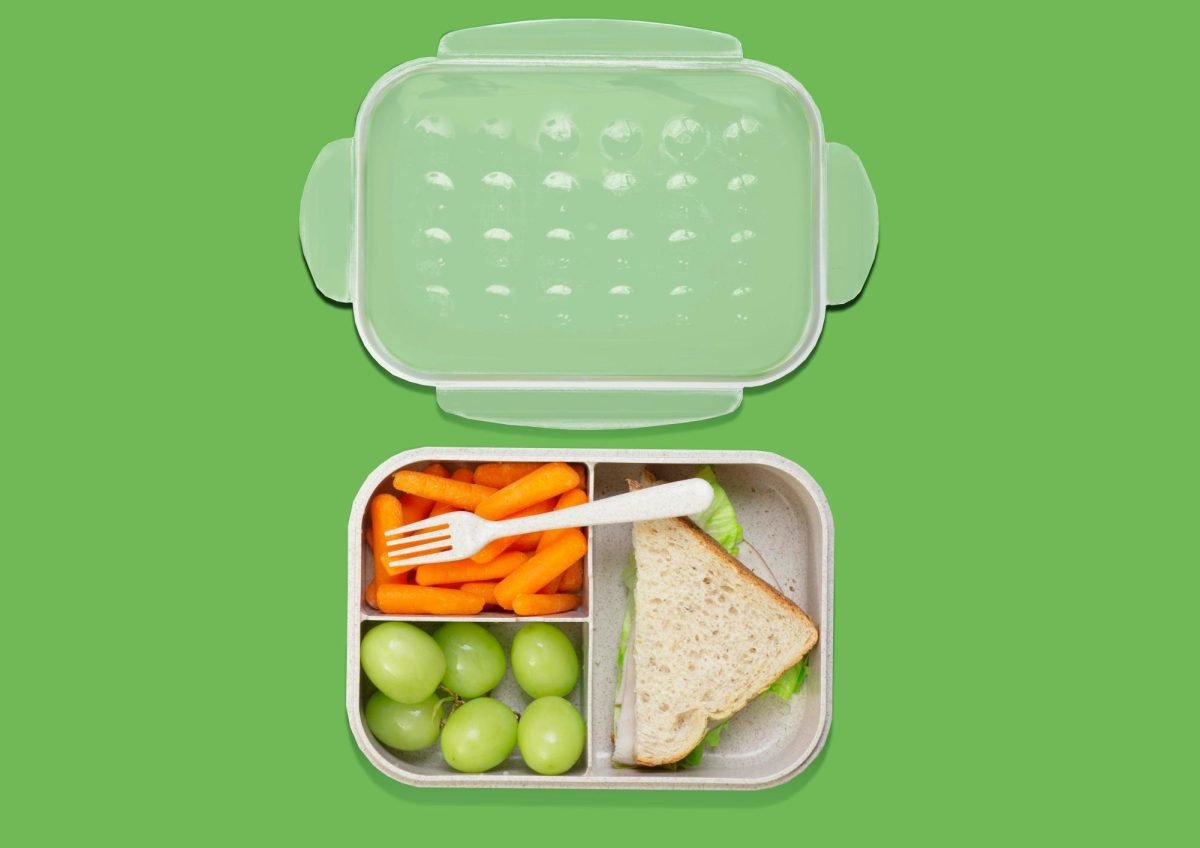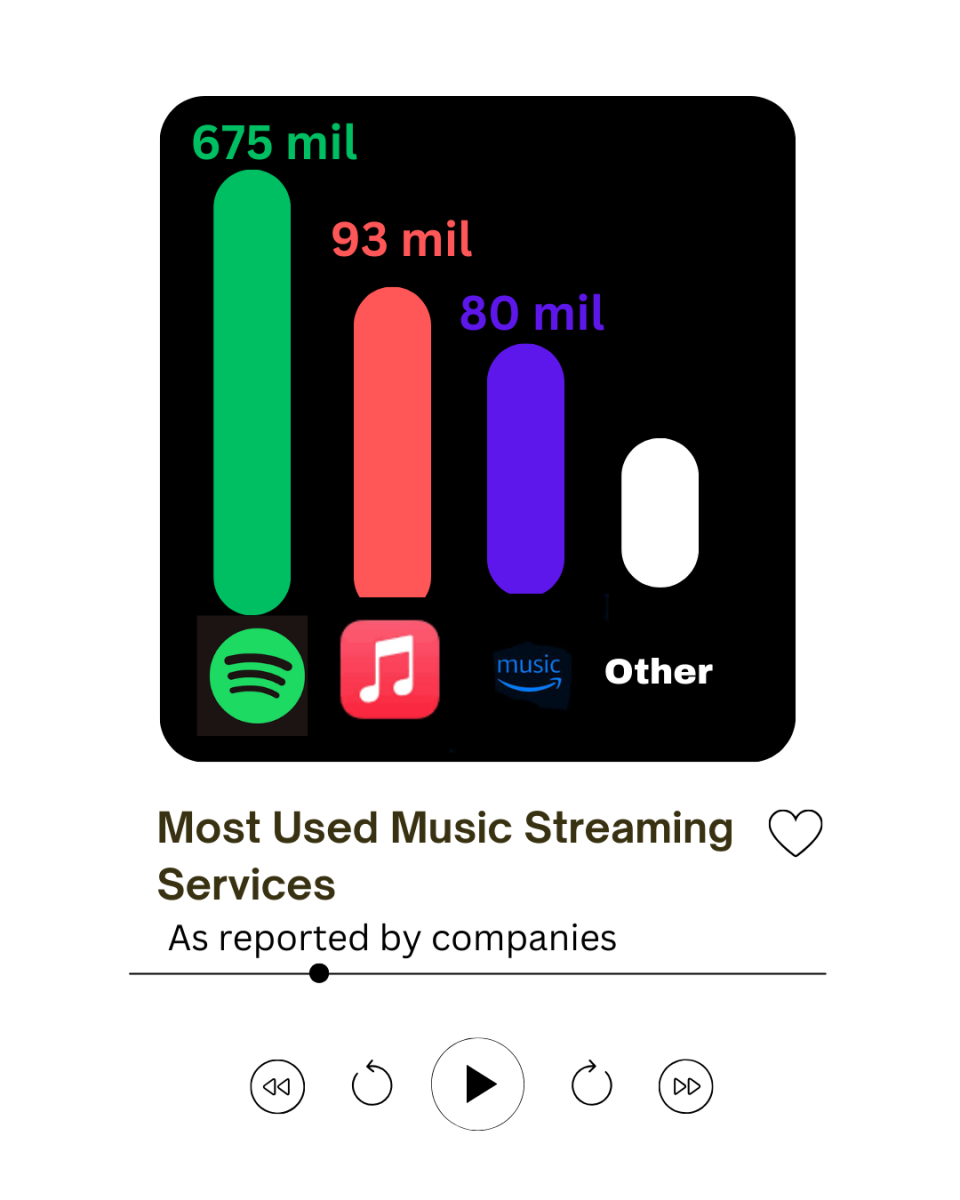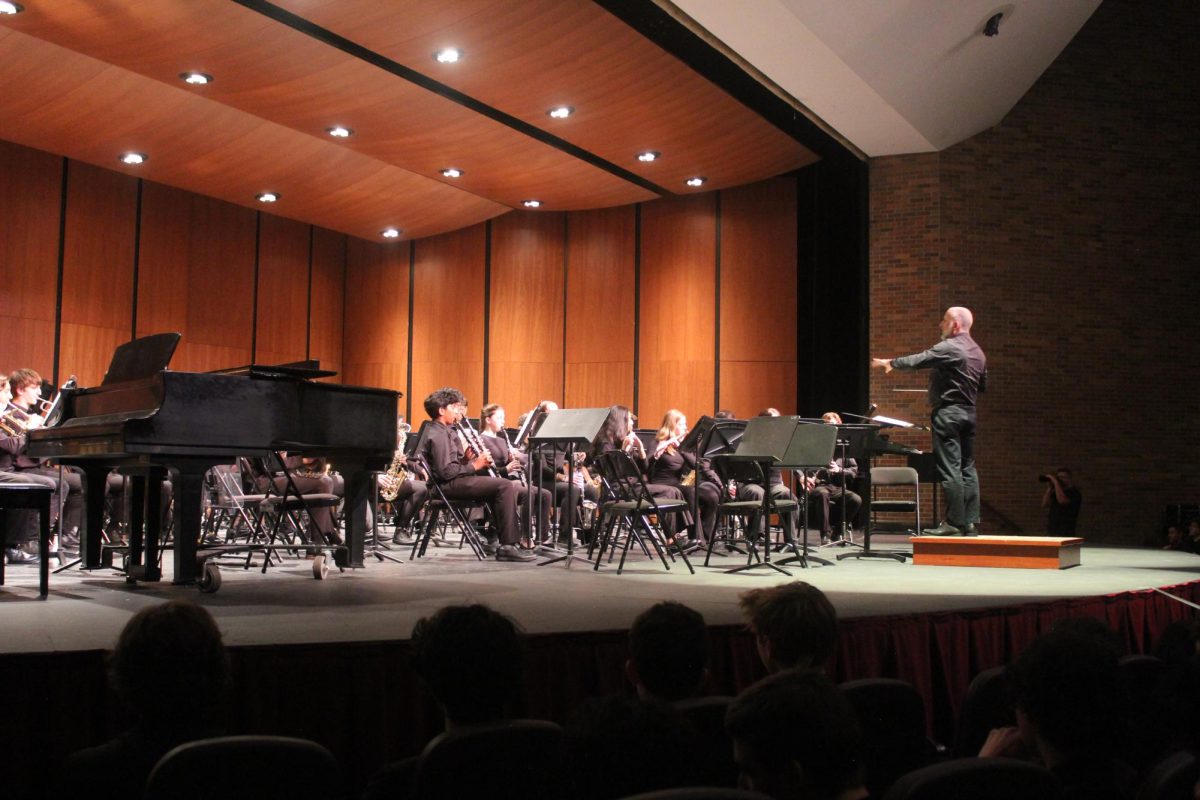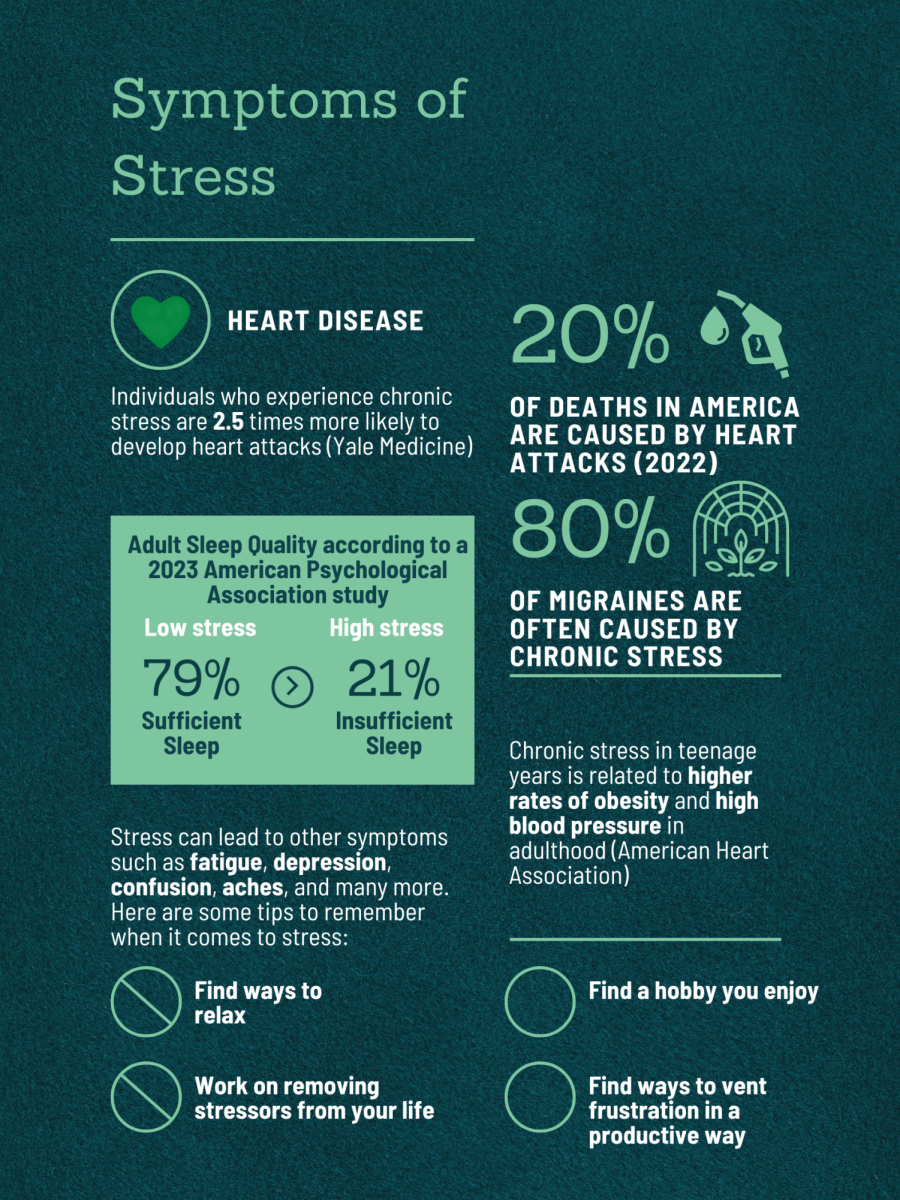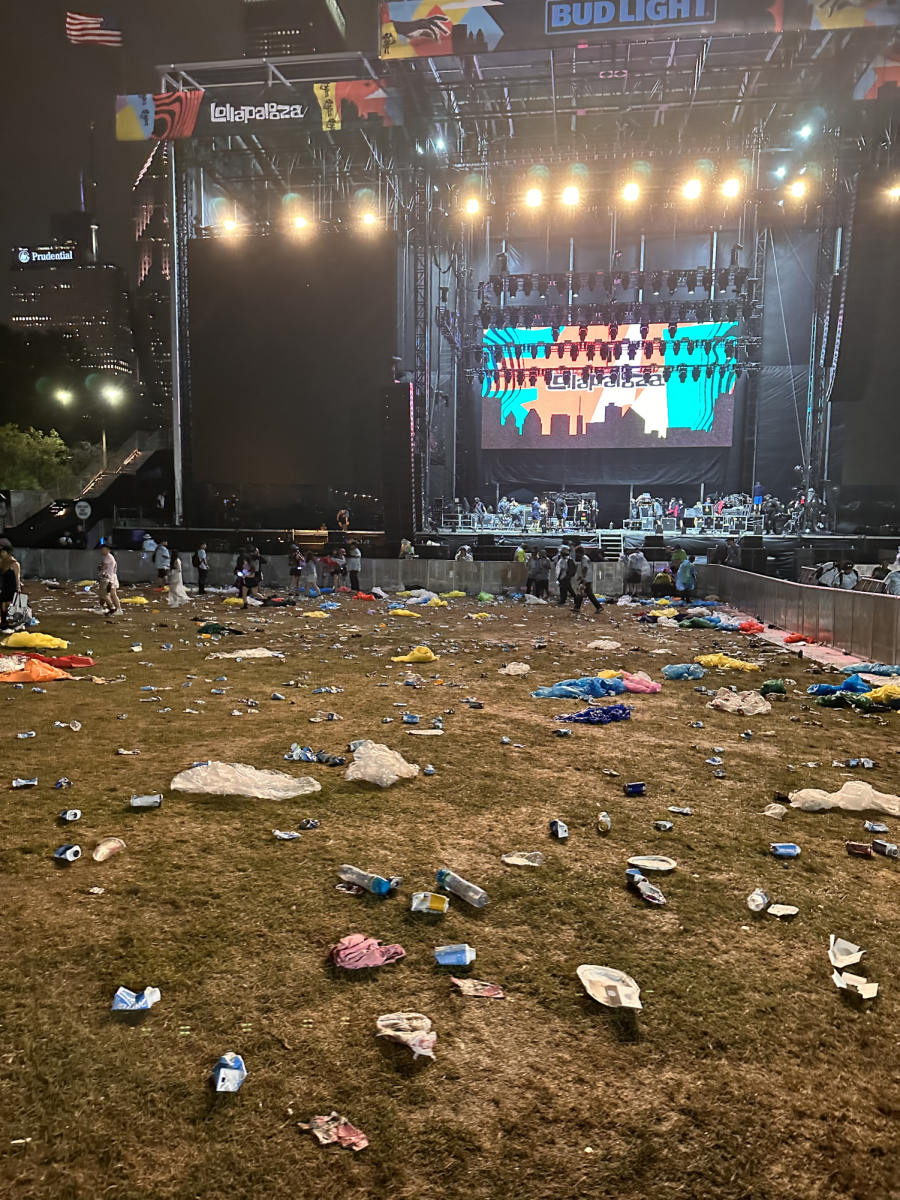Before 1984, every teenager dreamed of the day they turned 18, the legal age to buy and drink alcohol. That all ended once the National Minimum Drinking Age Act was passed, now teenagers must wait till they turn 21 to purchase alcohol. However, the debate still remains. Should the drinking age be lowered back to 18 or kept at 21?
LOWER
According to The Ticker, the United States is one of only 12 countries to have a drinking age higher than 19. It is also the nation with the third highest drunk driving rate in the West, as stated by Forbes. This leads to the question: why should the U.S. insist on an exceptionally high driving age?
At 18, you can sign up for the army, vote and get married, but you can’t drink? To do any of those things a certain level of maturity is needed. By having the required age be 18 the government is saying that 18-year-olds have that level of maturity. If you join the army, you are willing to potentially die for your country. If the legal age for marriage is 18, it demonstrates the theoretical emotional and financial maturity 18-year-olds have needed to tackle marriage. Therefore, the government indicates that 18 year olds are mature. So why wouldn’t you be able to drink legally at 18?
As stated by the CDC, the Minimum Legal Drinking Age (MLDA) is 21 because it “saves lives and improves health.” While true, the same can be said about having the MLDA be 18. According to the cepr.org, Europe has a much lower rate of drunk driving accidents compared to the U.S., because of their lower drinking age and higher driving age. This shows that we could save lives and improve health by having stricter driving laws instead of focusing on the drinking age.
Teenagers still drink even if they aren’t allowed to. The MLDA is only a small obstacle in their way to a drink; there are fake IDs, older siblings, parents’ drink cabinets, etc. In addition, lowering the drinking age would get rid of the thrill of breaking the law to drink. This could lower the illegal drinking rate. And with that, it would help normalize responsible drinking from a young age. According to The Ticketer, learning responsibility when drinking also helps with drunk driving rates because people will learn how to control their drinking. Plus, a lower drinking age would create a healthier drinking environment.
KEEP
In 1984, the United States government increased the legal drinking age from 18 to 21. According to the National Highway Traffic Administration, before the law, 31.2 percent of automobile drivers were reported driving after ingesting a drink; however, in 1988, only 16.3 drivers were reported driving with some blood alcohol intoxication.This change in the federal law is showing successful results and furthers the positives of a higher drinking age.
So maybe at 18, the law considers one a “legal” adult; yet, research from scientists at the National Institute of Mental Health prove that brains don’t fully develop until mid-to-late 20s. Since the brains are still growing, they are not capable of making responsible, truly adult decisions.
Even then, it is still illegal to purchase a handgun, gamble in a casino, or adopt a child until the age of 21. One could argue that being a legal adult should be enough to be mature; however, these other activities show that even though one’s an adult, that should not define their legal maturity.
So, even if one could argue should be enough to be a “legal adult”, the other activities that require a higher age. Shouldn’t that mean that legal alcohol consumption age should remain just as high?
Additionally, according to the Centers for Disease Control and Prevention (CDC), underage drinking provides many harms for social-emotional health. From memory problems, physical issues, and, but not limited to, increased risk of suicide or self harm, there is no benefit for anyone under the age of 18 to consume alcohol.
One could also argue that changing the Minimum Legal Drinking Age (MLDA) doesn’t have any real impact on teenagers’ accessibility to alcohol. Even with that argument, we need to keep in mind lowering the legal age would provide these young adults easy access to bars and nightclubs, which are unsafe environments. For example, according to Addiction Center, 1 in 3 collegiate men said they would use Rohypnol to facilitate date rape if they were guarenteed to get away of it. The MLDA is preventing many underage young adults from putting themselves in harmful positions mentally, physically, and emotionally.




